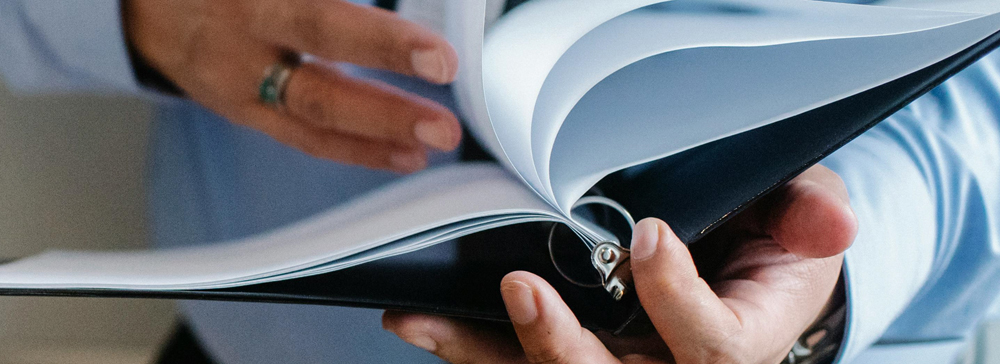Many people feel strongly about avoiding probate at their death. You may think that a Last Will is something that family members handle among themselves after you pass away. Everyone pictures a scene out of a movie or TV show where the executor reads the Will to the family, and then proceeds to distribute the assets in accordance with the Will. The truth is that the process is never that simple. Unless your estate is valued at less than $150,000, the Probate Court must be involved when you use a Will to distribute your assets at your death.
The Probate Court supervises the administration of the estate. It should be noted that probate is a public proceeding. Your Will and the related probate become a matter of public record, so nothing is kept confidential, including your assets and who you are leaving them to.
There are significant costs associated with probate as well. The Probate Court imposes a fee based on the value of your estate. Accountants, attorneys, appraisers, liquidators, and realtors can also be involved, and all of them need to be paid.
The following is a sample of approximate costs of a simple probate case which contains assets and real estate valued at $500,000, assuming there is no will:
- Court Filing Fees: $346
- Publication Fees: $200
- Bond Premium: $1500 per year
- Probate Referee’s Fees: $500
- Administrator’s fees: $15,000
- Attorney’s Statutory Fees: $15,000
- TOTAL: $32,546
There are several ways to arrange for the smooth, direct, and efficient transfer of assets outside of probate and avoid the above costs and fees. Here are some ways to avoid the need to probate your assets upon your death and save your estate and loved ones a lot of money:
- A Funded Revocable Living Trust
- Joint Tenancy Bank Accounts
- Pay on Death Beneficiary Designations on Bank Accounts
- Transfer on Death Beneficiary Designations on Investment Accounts
- Beneficiary Designations on IRAs and 401(k)s
- Beneficiary Designations on Life Insurances
- Holding Real Property as Joint Tenants with Right of Survivorship
The best way to avoid probate is with a Revocable Living Trust. A Revocable Living Trust is the best way to avoid the fees, costs, delays and publicity associated with probate. Revocable Living Trusts are usually administered informally outside of the Probate Court, so your family’s privacy is protected. Revocable Living Trusts can distribute assets faster than probated estates because they are not tied to the hearing dates of the Probate Court. The average trust can be administrated in approximately 6-9 months after death – while a Probate Court proceeding can take up to 2 years!
Revocable Living Trusts are less expensive to administer than probating an estate. The cost of administering a trust is significantly less than the cost of a probate administration. And while the cost of establishing and funding a Revocable Living Trust can be more than establishing a Basic Will, you will save substantially more on the back-end if you invest in a Revocable Living Trust now.
Revocable Living trusts were created to help people avoid probate. The advantage of holding your valuable property in trust is that after you pass away, your trust property is not part of your estate for probate purposes. That’s because you as trustee – not you as an individual – owns the trust property. After your death, your successor trustee can easily and quickly transfer your trust property to family or friends – without probate.
Talk to an experienced estate planning attorney today and find out more about how you can avoid probate and save your estate and your loved ones from the costs and hassles associated with probate.
Probate Services
For more information on avoiding probate contact Estate Planning Attorney, Eric A. Rudolph, at (760) 673-7600 or schedule an estate planning consultation.







